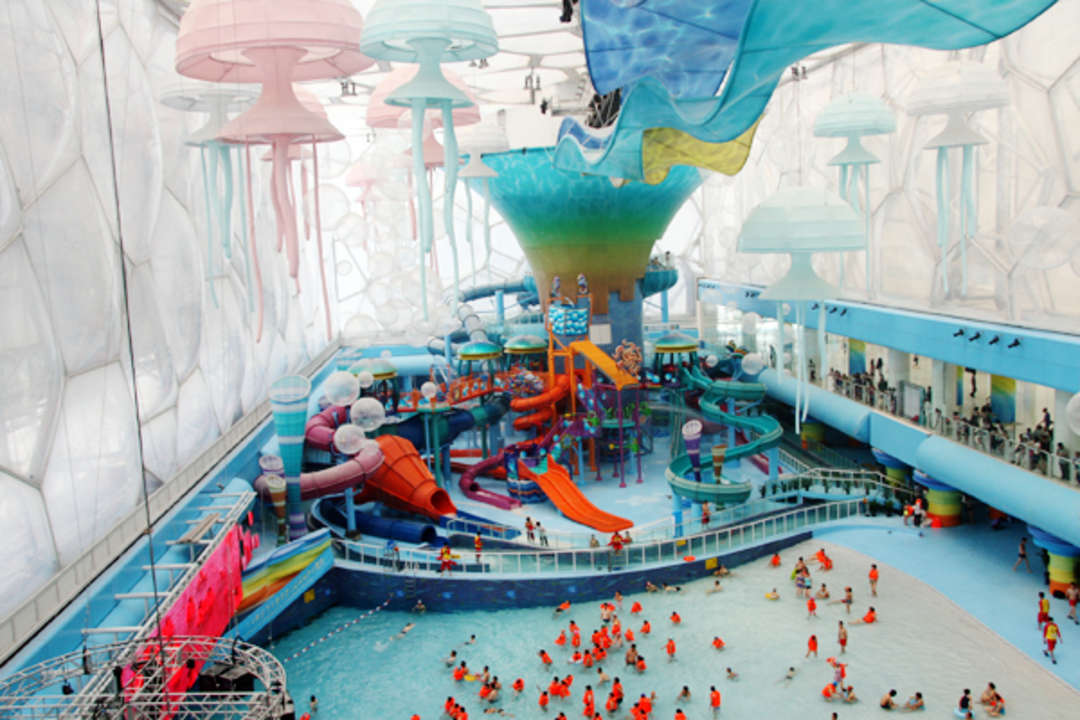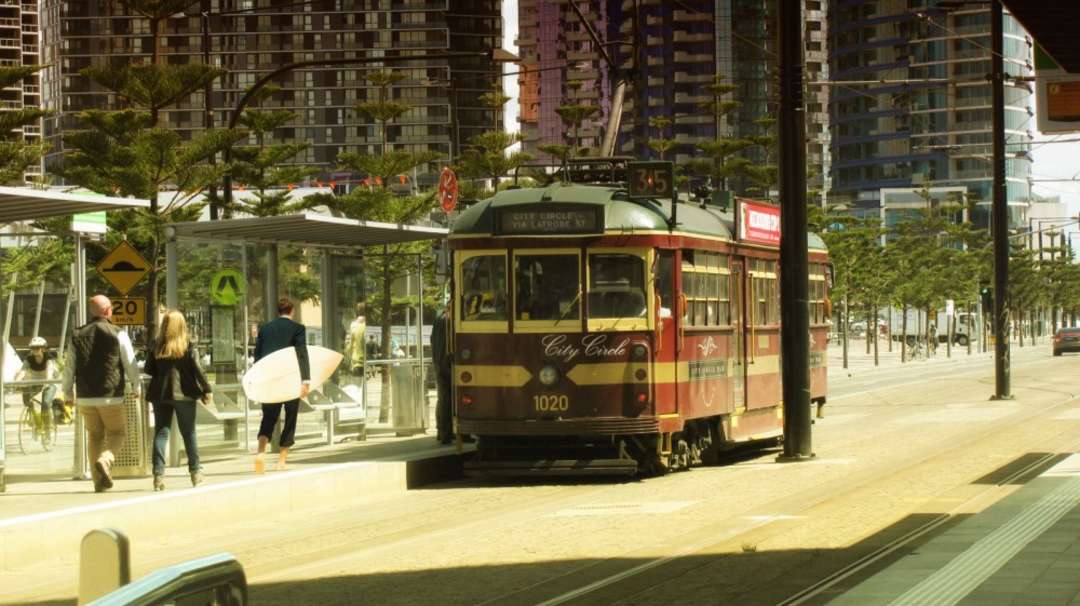Water Parkitecture: A Look at the New Cutting Edge in Urban Design
Urban Planning Ideas for 2030, When Billions Will Live in Megacities
by 2025, the world will have 37 megacities, defined as urban areas with more than 10 million people. New York City and Newark are expected to have more than 23 million inhabitants; Tokyo, more than 38 million people. All told, well over half of the world’s population will be living in these super settlements. ..... two-thirds of that population will be poor .... New York, Rio de Janeiro, Mumbai, Lagos, Hong Kong, and Istanbul ...... “Many of these proposals are based on the idea that top-down planning has been failing people in many aspects.” ...... 85 percent of Hong Kong is surrounded by water, yet the city’s population is expected swell by 50 percent. ....... building eight new islands, each dedicated to an economic or social activity unique to Hong Kong, like fishing. ....... a new kind of utopia, where the TOKI clusters get retrofitted with micro-farms, solar panels, and shared car services. Called R-Urban, the services would be open-source and connected through a series of apps. It builds a sharing economy layer on top of the TOKI clusters, which reinforces, rather than destroys, the sense of community that drew inhabitants there in the first place. ........ Governments might want to eradicate favela housing, because they can’t control it, but that improvisational style of living exists in part because of the skills and community values that already live in a city. That’s an opportunity, not an obstacle.Sweden's Cutting-Edge, 17-Story Greenhouse
After 12 years of planning, Swedish design firm Plantagon has finally begun construction on its first vertical greenhouse. The 17-story structure will grow food year-round for the city of Linköping (pop. 104,000) in the hopes that its model will prove more cost-effective than shipping food in from the countryside. ....... Central to its design is a "transportation helix" that transports potted vegetables on a rotating conveyor belt for better exposure to sunlight. ....... "As urban sprawl and lack of land will demand solutions for how to grow industrial volumes in the middle of the city, solutions on this problem have to focus on high yield per ground area used, lack of water, energy, and air to house carbon dioxide."






























